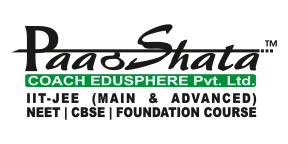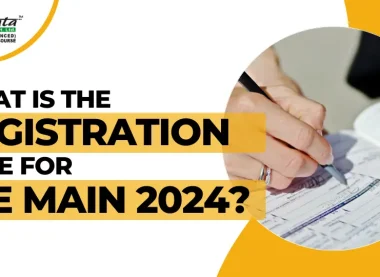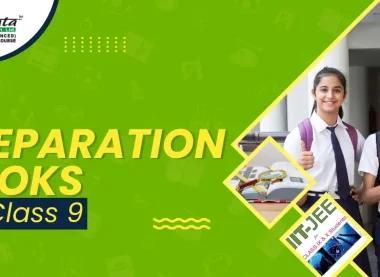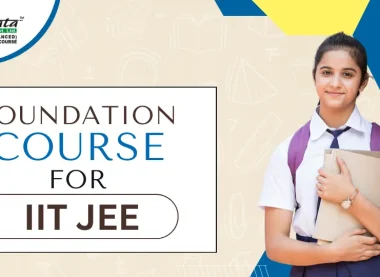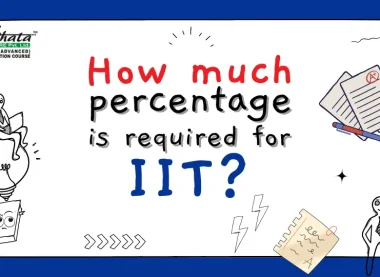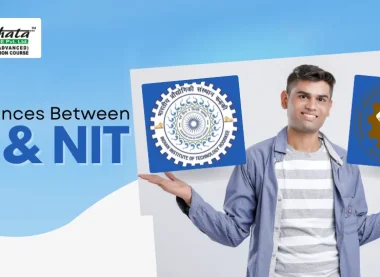Can Diploma Holders Apply For IIT?
Yes, diploma holders are eligible to apply for admission to the prestigious Indian Institutes of Technology (IITs) in India. The eligibility criteria are the same for diploma holders as any other applicant – they need to qualify for the Joint Entrance Examination (JEE) conducted by the IITs.
The JEE is considered one of the toughest undergraduate engineering entrance exams in the world. Around 1 million students appear for the exam every year for around 13,000 seats across all IITs. However, having a diploma in engineering does not give any direct entry or reservations for IIT admissions. Diploma holders need to compete with 12th-grade students and gain admission based on JEE rank only.
So in summary, yes diploma holders can apply and get admission to IITs by qualifying for the JEE exam just like any other candidate. The admissions are based purely on merit.
Eligibility Criteria for Diploma Holders
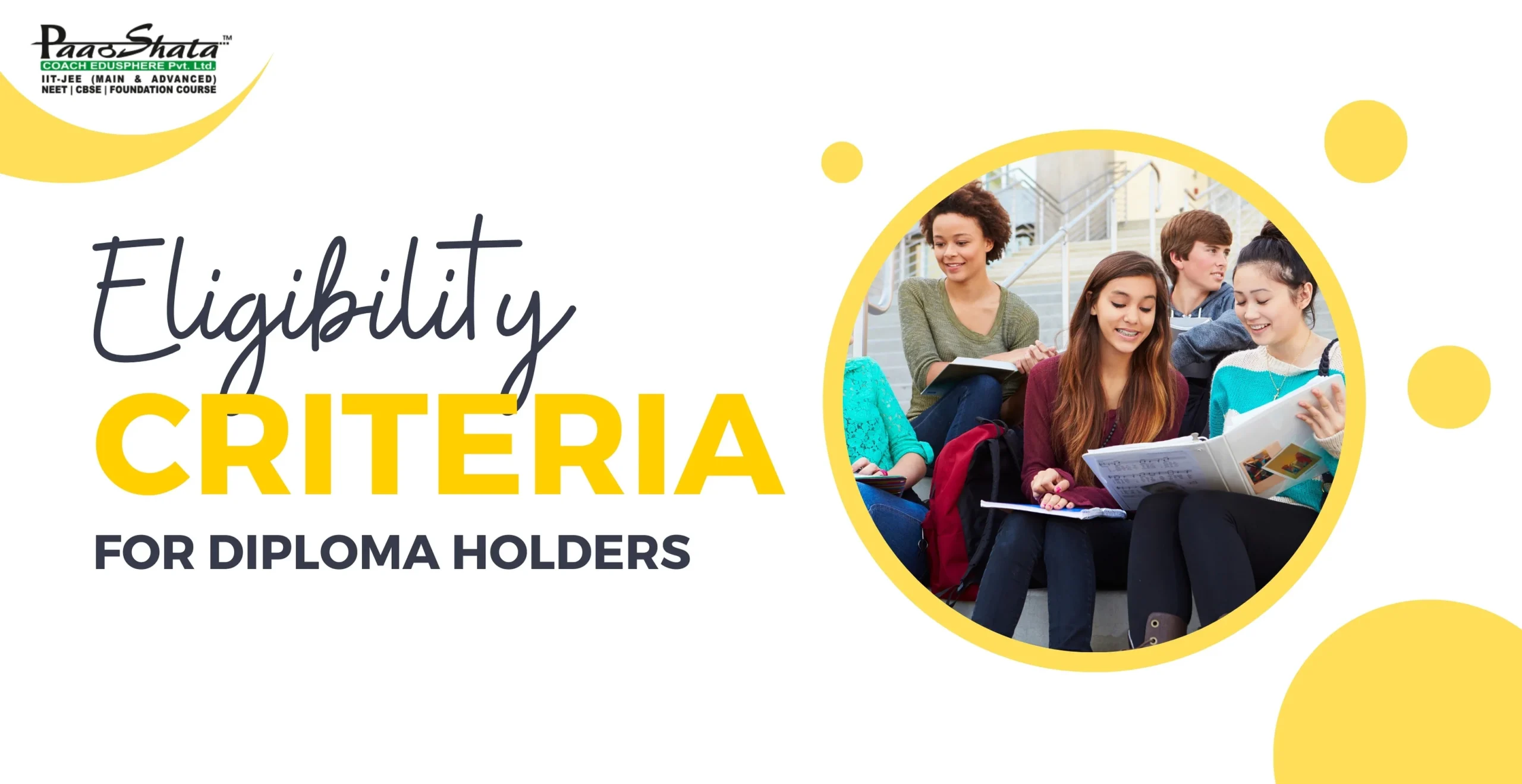
Diploma holders are eligible to apply for admission to the B.Tech program at IITs provided they fulfill certain criteria. The key eligibility criteria for diploma holders are:
– The candidate must have completed a 3-year diploma in engineering or technology. Diplomas awarded by polytechnics recognized by Central or State Governments are eligible.
– The diploma must be awarded in a relevant branch of engineering/technology connected to the B.Tech program the candidate is seeking admission.
– The candidate should have secured a minimum of 60% aggregate marks (or equivalent grade) in the diploma program.
– Final year diploma students who expect to complete all diploma requirements before commencement of IITs are also eligible to apply. Their admission will be provisional subject to fulfilling the required criteria.
– There is no age limit criteria for diploma holders.
Therefore, in summary, candidates who have a 3-year diploma in engineering/technology with a minimum of 60% marks can apply for admission to IITs through JEE Advanced. They must meet the subject-specific eligibility criteria of the B.Tech program they are applying for.
The IIT Admission Process
The Indian Institutes of Technology (IITs) have a two-stage admission process – JEE Main and JEE Advanced. The JEE Main is a national-level entrance exam conducted for admission to undergraduate engineering programs across the country including IITs. It acts as a screening test for JEE Advanced.
Based on the JEE Main scores, around 2.5 lakh students are shortlisted to appear for JEE Advanced. The JEE Advanced is conducted by the IITs and is the actual entrance exam for admission to various IITs. It is a highly competitive exam with low qualifying cutoff marks.
After the JEE Advanced results, the Joint Seat Allocation Authority (JoSAA) conducts joint counseling for IIT admissions. Seats are allotted based on the candidate’s choices, JEE Advanced ranks, and availability of seats. The counseling process typically involves 6-7 rounds.
Students have to make their choices carefully during counseling and strategically select the IIT branches and programs. The most popular IIT branches based on cutoff ranks are Computer Science, Electrical Engineering, Mechanical Engineering, and Civil Engineering. Students have to research thoroughly and make choices as per their JEE Advanced rank.
Preparing for JEE as a Diploma Student
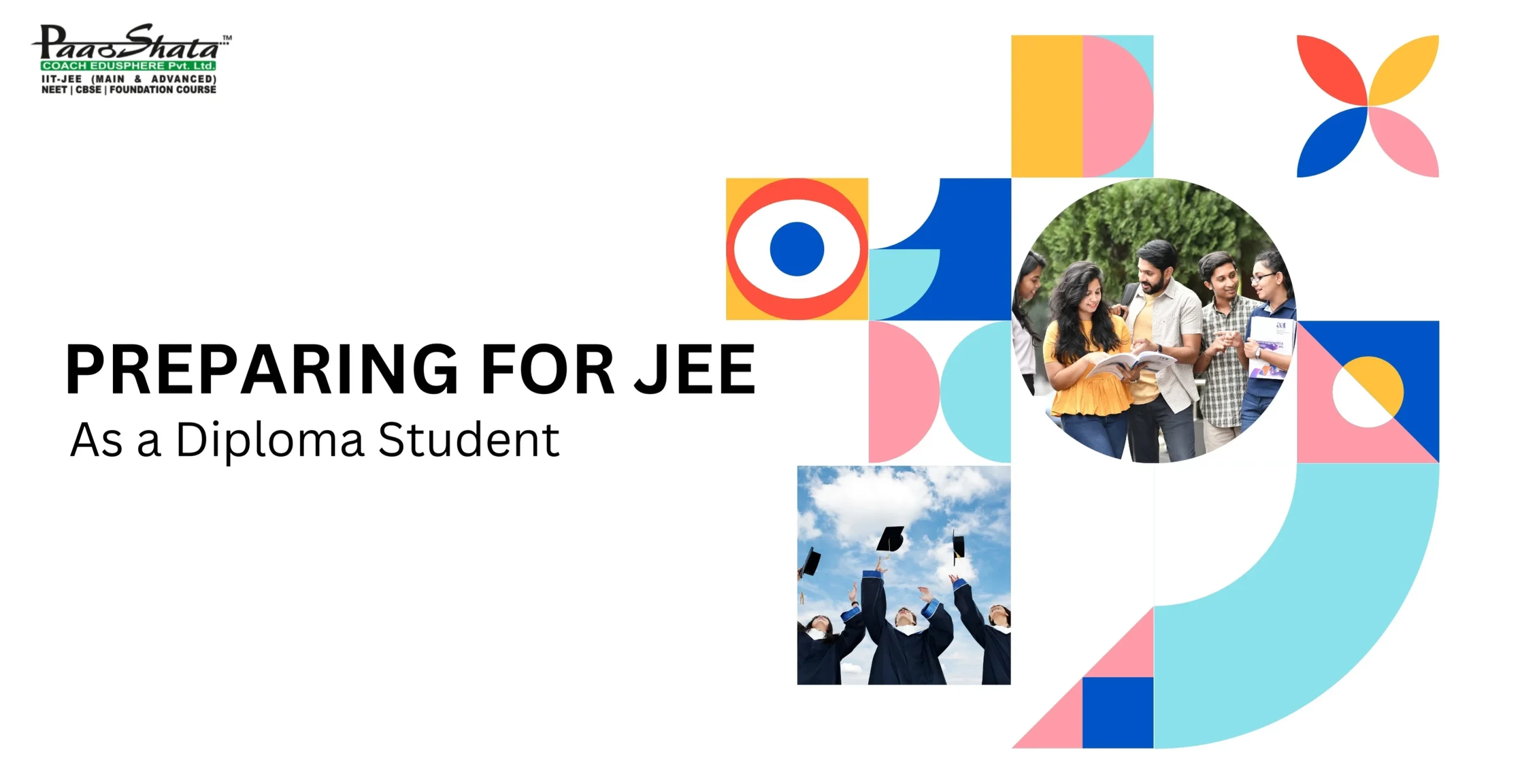
For diploma students aspiring for IIT, preparing for JEE while managing diploma studies can be challenging. Here are some useful tips:
Self-Study Tips
– Create a study timetable and stick to it diligently. Set fixed hours for self-study daily.
– Refer to previous years’ JEE question papers and sample papers to understand the paper pattern and level of questions.
– Focus on strengthening your core concepts in Physics, Chemistry, and Maths from NCERT books.
– Attempt mock tests regularly to get exam practice. Review your mistakes after each mock to identify weak areas.
– Give priority to speed and accuracy both while solving JEE-level questions.
– Revise formulae, diagrams, definitions, and derivations regularly.
Coaching Options
– Consider enrolling for JEE coaching classes if feasible. Weekend or part-time coaching options are ideal for diploma students.
– Choose coaching institutes carefully based on past results and faculty expertise.
– Online coaching is also an effective option today through platforms like Unacademy, Vedantu, etc.
Recommended Study Materials
– NCERT textbooks of 11th and 12th standard for Physics, Chemistry and Maths
– Previous years’ JEE question papers
– Sample papers and mock tests
– CENGAGE Math books for JEE by G. Tewani
– IIT JEE guidebooks for Physics, Chemistry, and Maths
– Mnemonics and formula booklets
Having access to the right study materials is critical. Refer to curated preparation guides to understand which books and resources to focus on.
Important Topics to Focus On
When preparing for JEE as a diploma student, it’s crucial to identify and thoroughly understand the most important topics that are frequently tested in the exam. Here’s a subject-wise breakdown of the key topics to focus on:
Mathematics
– Calculus – Limits, continuity, differentiation, integration
– Coordinate Geometry – Lines, circles, parabolas, ellipses, hyperbolas
– Algebra – Quadratic equations, complex numbers, matrices
– Vectors and 3D Geometry
– Mathematical Reasoning
Physics
– Mechanics – Laws of motion, gravitation, work and energy, friction
– Waves and Optics – Reflection, refraction, wave theory
– Electromagnetism – Electric and magnetic fields, capacitors, electromagnetic induction
– Modern Physics – Semiconductors, nuclear physics
– Thermodynamics and Kinetic Theory of Gases
Chemistry
– Atomic Structure – Atomic models, atomic orbitals
– Chemical Bonding – Ionic bonds, covalent bonds, VSEPR theory
– Thermodynamics – Enthalpies, entropy, Gibbs free energy
– Equilibrium – Le Chatelier’s principle, ionic equilibrium
– Electrochemistry – Galvanic cells, electrolysis
– Organic Chemistry – Hydrocarbons, aromatic compounds, polymers
By thoroughly studying these core topics and concepts, diploma students can maximize their chances of getting through the JEE exam successfully. Regular practice with previous years’ question papers is also highly recommended.
Managing Diploma Studies with JEE Prep

JEE preparation requires dedicated focus and time commitment. For diploma students who are concurrently pursuing their diplomas, managing both simultaneously can be challenging. Here are some tips to effectively plan time between ongoing diploma studies and JEE prep:
Prioritize and Schedule
Make a weekly schedule that allocates time for both diploma classes/assignments as well as JEE study. Assign priority to urgent diploma tasks but also reserve 2-3 hours daily for JEE prep.
Optimize Daily Routine
Complete diploma work during the day and keep evenings for JEE. The morning is ideal for self-study as the mind is fresh. Take short breaks to remain efficient.
Streamline Study Resources
Have all books, notes, question banks, etc. organized so no time is wasted searching for study material. Maintaining tidy notes also aids in last-minute revision.
Focus on Speed and Accuracy
Solving JEE-level questions quickly yet accurately is critical. Practice mocks regularly to gauge speed and work on improving.
Analyze Performance
Identify weaker areas through mock analysis. Assign more time to strengthen these topics. Stay motivated by tracking progress.
Avoid Burnout
Don’t overwork. Take time off when exhausted. Pursue hobbies or exercise to unwind. Stay healthy through adequate rest and nutrition.
With diligent planning, it is possible to successfully handle both diploma and JEE preparation. The rigorous work will pay off for motivated diploma students seeking the prestigious IIT degree.
Advantages of Diploma Holders in IIT

Diploma holders have certain advantages when pursuing an IIT education compared to students coming directly from 12th grade. Some key advantages are:
Practical Experience
Diploma programs include extensive practical training and hands-on projects. This gives diploma students significant experience applying theoretical concepts. In contrast, 12th-grade education in India is mostly focused on theory.
The practical experience of diploma holders allows them to better understand and apply concepts taught at IIT. They can relate the theory to real-world examples and applications they’ve already worked on. This improves their learning and performance in IIT programs.
Prior Technical Knowledge
Since diploma programs are concentrated on a specific technical or engineering field, students gain in-depth knowledge of that subject. Whether civil, electrical, mechanical, or other streams, diploma holders have 2-3 years of education in their chosen branch.
This prior technical knowledge helps diploma graduates adapt and excel in the relevant engineering program at IIT. They can more easily grasp advanced concepts in their field with their strong educational foundation. This helps them get good grades and opportunities at IIT.
The specialized knowledge also allows diploma holders to involve themselves in projects, research, and activities related to their field during IIT programs. This further boosts their learning and career prospects.
Campus Placement Prospects for Diploma Holders

Diploma holders have excellent campus placement prospects at IITs due to their practical training and hands-on skills. Many leading companies specifically target diploma students during campus placements at IITs.
According to statistics, the average campus placement rate for diploma students at IITs is over 90%. Top companies like Microsoft, Google, Amazon, Samsung, Texas Instruments, Oracle, Qualcomm, Intel, IBM, and Bosch actively recruit diploma holders from IITs.
These companies highly value the practical experience and specialized technical skills gained during a diploma. Diploma holders are often preferred for core engineering and R&D profiles in these companies. Their hands-on training helps them adapt seamlessly to working on the latest technologies and real-world challenges.
Many diploma holders secure jobs with attractive pay packages of 10-15 lakhs per annum during campus placements. Some even get international postings in technical or research roles. The industry exposure during the diploma helps them perform well in interviews and land their dream jobs in reputed companies.
Overall, a diploma degree along with an IIT tag ensures excellent career opportunities for students. The practical knowledge makes diploma holders an asset for any technical organization looking for hands-on engineers.
Notable IIT Alumni with a Diploma
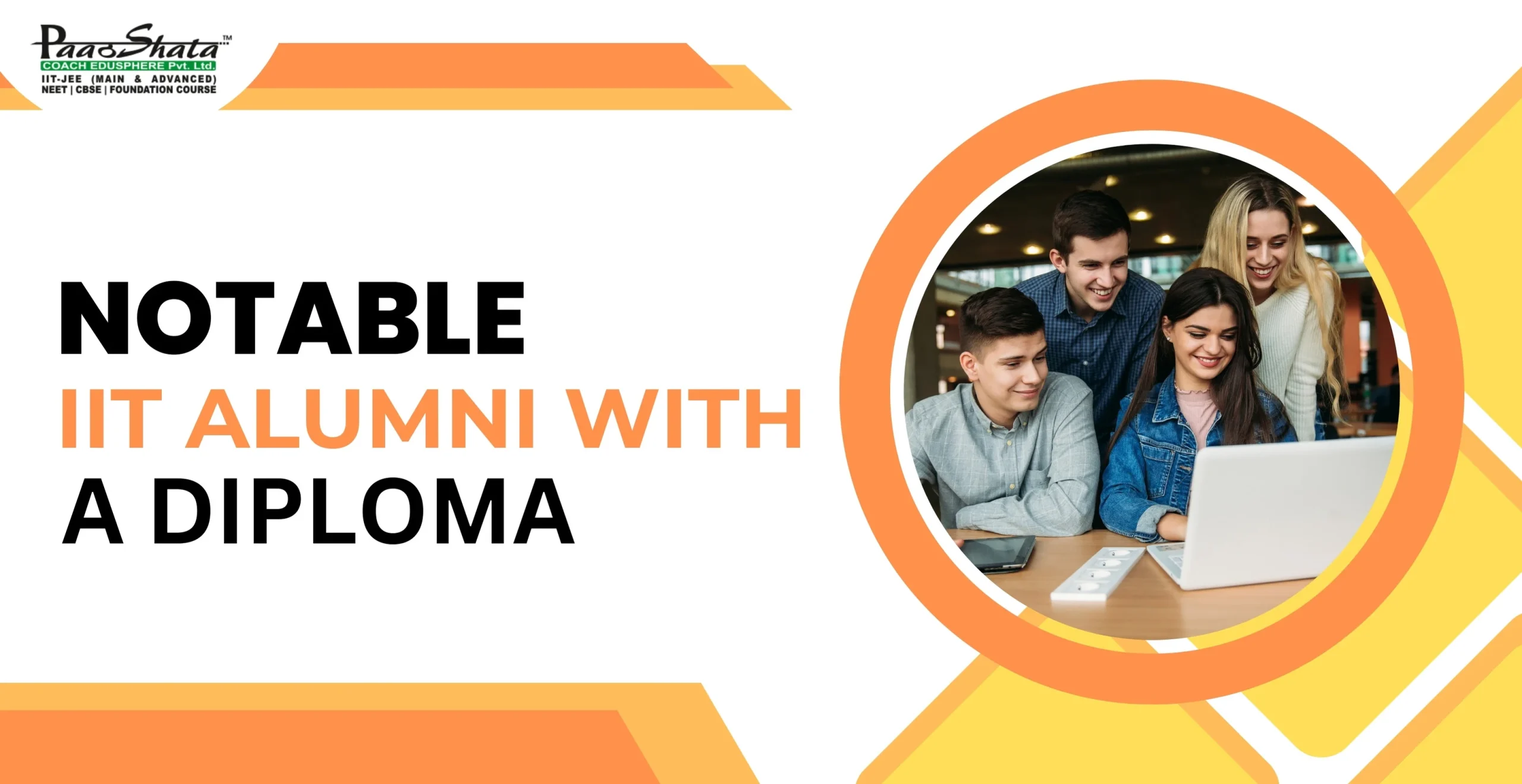
Some of the most accomplished IIT alumni entered the institutes as diploma holders. Here are a few of the notable IIT graduates who had a diploma before gaining admission:
K Ananth Krishnan
Chief Technology Officer at Tata Consultancy Services. Completed diploma from Stanley College of Engineering before pursuing BTech and PhD from IIT Madras.
BVR Mohan Reddy
Founder and Executive Chairman of Cyient, formerly Infotech Enterprises. Received diploma from Govt Polytechnic, Warangal. Later, I graduated from IIT Kanpur with a Masters in Technology.
D Damodaran
Chairman of EXIM Bank. Earned diploma from Govt Polytechnic Tiruchirappalli before BTech from IIT Kharagpur. Later completed management education at XLRI Jamshedpur.
Raj Mashruwala
A senior inventor at IBM with over 150 patents. Did diploma from L.D. College of Engineering, Ahmedabad. Completed MTech from IIT Kanpur.
Rangaswamy Srinivasan
Inventor of LASIK eye surgery, awarded National Medal of Science. Diploma from Govt Leather Institute, Chennai. BTech and PhD from IIT Madras.
S Regunathan
Former Deputy Governor of Reserve Bank of India. Diploma in Civil Engineering, later studied at IIT Madras.
Krishna Bharat
Creator of Google News. Diploma in Instrumentation Technology from CUSAT. MS and PhD degrees from IIT Bombay.
Bala V Balachandran
Professor at Kellogg School of Management. Diploma in Electrical Engineering before studying at IIT Madras.
This list demonstrates that diploma holders not only can get into IITs, but also thrive academically and have hugely successful careers after graduating. A diploma should not deter ambitious students from attempting to get into India’s most prestigious technology institutes.
Conclusion
Pursuing an engineering degree from an IIT is a prestigious and rewarding goal for any student in India, including diploma holders. With proper preparation and dedication, diploma students can perform well on the JEE and gain admission to top IITs.
The key is to balance your ongoing diploma studies while also focusing on targeted JEE preparation through self-study, coaching classes, sample tests, and previous question papers. Diploma holders who can demonstrate strong conceptual knowledge and problem-solving abilities in physics, chemistry and math have a good chance of succeeding.
Your prior diploma specialization and practical engineering experience can be advantageous once you begin your BTech degree. Diploma students also tend to excel in campus placements due to their well-developed technical skills. With perseverance and hard work, many doors can open up.
Keep focused on your goal, manage your preparation wisely, and continue learning every day. You are capable of overcoming any challenge you set your mind to. Believe in yourself and keep pushing forward to achieve your IIT dream. All the best!
